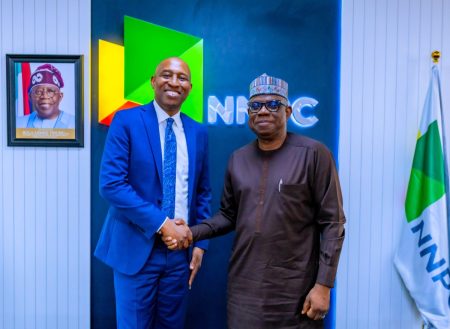 29 April 2013, Cairo – Egypt, struggling to pay for energy imports and avoid fuel shortages, has turned to Libya for assistance.
29 April 2013, Cairo – Egypt, struggling to pay for energy imports and avoid fuel shortages, has turned to Libya for assistance.
And its fellow Arab neighbours have obliged to supply it with $1.2 billion worth of oil on 12 month interest-free credit.
Tripoli will soon commence shipment of cargoes to Cairo on soft credit terms, according to two senior Libyan officials.
The officials told Reuters that Tripoli would supply Cairo with $1.2 billion worth of crude at world prices but on interest free credit for a year, with the first cargo expected to arrive next month.
Egypt has entered into economic crisis since president Hosni Mubarak was overthrown two years ago, with most international companies reducing oil product supplies to the country fearing non-payments, as the government tries to curb soaring energy subsidy costs which swallow up a fifth of its budget.
Libya plans to ship one to two cargoes a month for refining in Egypt under a deal that involves 12 million barrels of crude over 12 months, Reuters quoted the unnamed oil industry officials as saying.
With foreign currency reserves running low, Egypt has not bought any crude on the open market since January. In rough terms the Libyan deal would be worth slightly more than half its 2012 imports, which the central bank put at $2 billion.
“Their situation is very bad, and if necessary they can take up to a year to pay (for each delivery),” one of the Libyan officials told Reuters.
Libyan authorities themselves face a daily struggle to keep services running and take control of a country awash with weapons looted from the arsenal of Muammar Gaddafi, who was toppled in 2011.
But the official said Libya could not shy away from helping an important trading partner. “If you are a good neighbour and something is wrong with your neighbour, you will not feel comfortable with yourself. It’s human nature,” he said.
Cairo has so far failed to agree a $4.8 billion loan deal with the International Monetary Fund and has sought help from energy producing countries in the region and beyond.
Tripoli has already deposited $2 billion at the Egyptian central bank and Qatar has announced $8 billion in loans, grants and other deposits since Islamist President Mohamed Mursi was elected last June.



